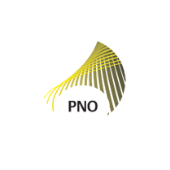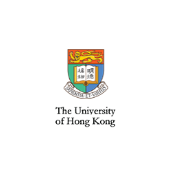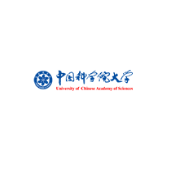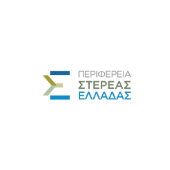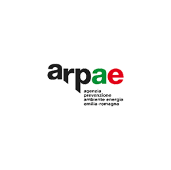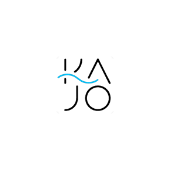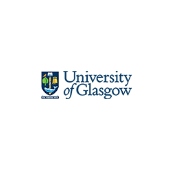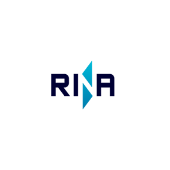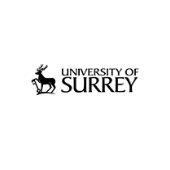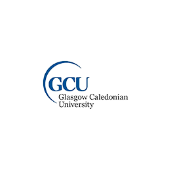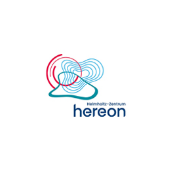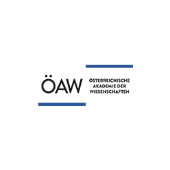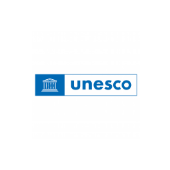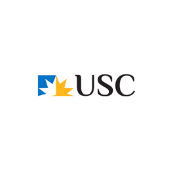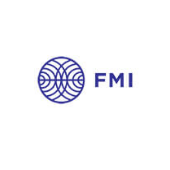The project
OPERANDUM delivered tools and methods for the demonstration and market uptake of Nature-Based Solutions to reduce hydro-meteorological risks. Nature-Based Solutions (NBS) are solutions that are inspired and supported by nature. These solutions provide environmental, social and economic benefits and help build resilience by bringing natural features into cities and landscapes.
In the OPERANDUM project, site-specific and innovative NBS were co-designed, co-developed, deployed, tested and demonstrated with partners and local stakeholders in open-air laboratories. These open-air laboratories (OALs) were natural and rural Living Labs that cover a wide range of hazards with different climate projections, land use and socio-economic characteristics.
Objectives
OPERANDUM provided evidence for the usability of NBS, best practices for their design, replication and scalability. It had the following objectives:

Integrate knowledge about NBS efficacy against hydro-meteorological risks

Strengthen technology innovation in the area of NBS

Improvement of acceptance of NBS based implementation

Enhancement of market demand and increase of competitiveness

Strengthening the adoption of NBS in national policies
Approach
The project’s approach was based on 10 open-air laboratories. These provided concrete, flexible and transportable frameworks in order to expand the adoption of green/blue/hybrid infrastructures across Europe and in developing countries. The OALs in OPERANDUM demonstrated NBS for different climate change scenarios in Europe. The implemented NBS built upon multi-disciplinary expertise and full understanding of the role of ICT and took into account market exploitation and national, EU and international policies.
Impact
The OPERANDUM project contributed to the implementation of EU policies for disaster risk prevention and climate change adaptation. The following key impacts were expected:
PROJECT COORDINATOR
Prof. Silvana Di Sabatino was the coordinator of the OPERANDUM project and Associate Professor of Atmospheric Physics at University of Bologna where she teaches Boundary-layer Physics and Turbulent Dispersion, Dynamic Meteorology, and Climatology. She holds a PhD from the University of Cambridge (UK) in the area of environmental fluid mechanics. Her current research relates to urban microclimate and its interconnection with climate variability, city breathability and its connection with urban planning. Among her research interest there is the development of tools to connect basic research with applied science closely related to respond to the needs of modern society. She is Associate editor of Environmental Fluid Dynamics (Springer) and serves the editorial board of Boundary-Layer Meteorology (Kluwer). She has co-authored more than 100 scientific publications of which over 50 in peer review journals.

Our partners
Contact
Have a question, feedback or want to work with us?
